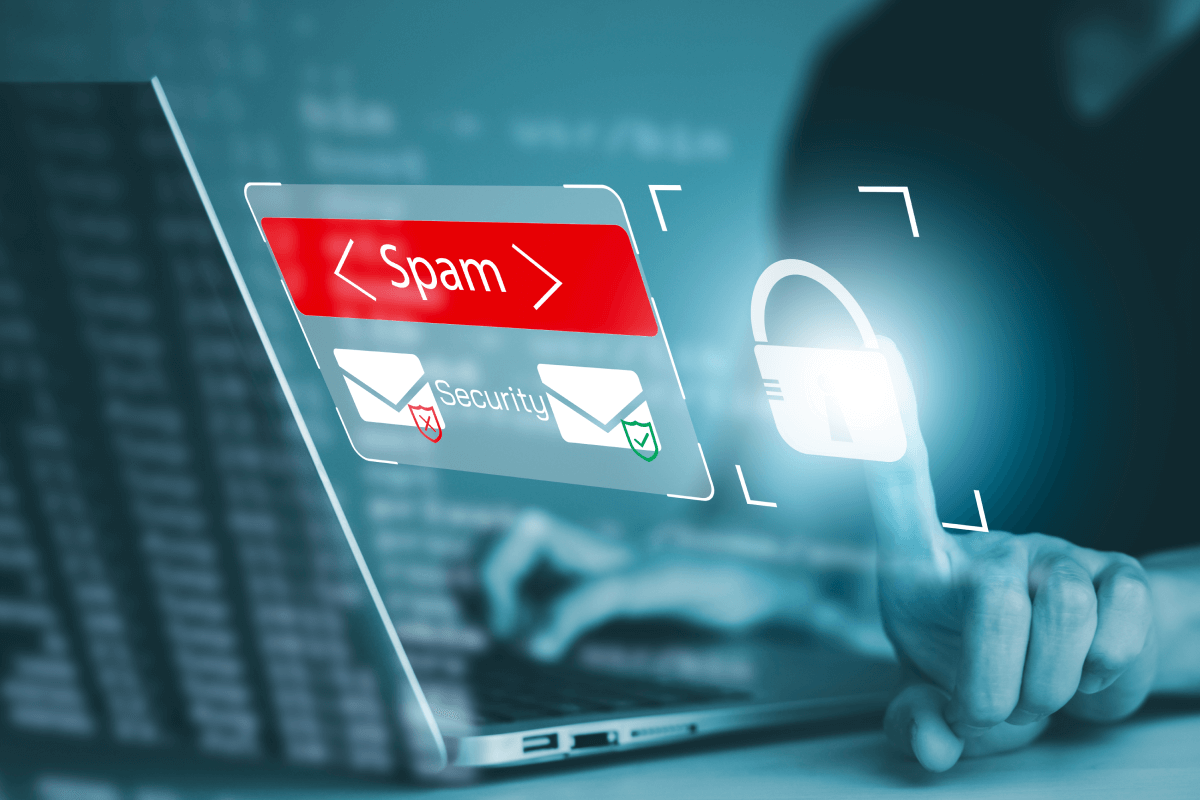Emails have become a widely used communication medium in the business world. However, they are also among the most susceptible to cyber-attacks, making email security best practices an essential component of your data privacy strategy. Whether yours is a small office or an extensive corporate network, these practices protect your business from potential data breaches and phishing attacks.
With email security, you can safeguard your clients’ privacy and prevent unauthorised access to sensitive data such as financial information and critical documents. Therefore, implementing email security measures is paramount in protecting your business and clients’ confidential information.
Create strong passwords
One crucial aspect of email security best practices is to ensure the use of strong passwords. However, it’s worth noting that the conventional wisdom surrounding password security has evolved in recent years. Previously, the focus was on creating complex passwords, such as “ }h}{6m#O@H%o ”, as a measure of strength. However, research has shown that this approach often leads users to write passwords on sticky notes or save them in easily accessible files on their desktops. Thus, it defeats the purpose of creating a strong password and can result in security vulnerabilities. Therefore, it’s essential to rethink password security measures to balance strength and usability while ensuring your business’s email security.
Be cautious of email attachments
Email-based attacks often involve the use of malicious attachments containing executable code. Although antimalware software can help detect and block such attachments, attackers can also exploit trusted sources, making it vital for employees to remain vigilant. Exercise caution when opening attachments, even if the organisation uses email scanning and malware-blocking software. If an attachment has an extension associated with an executable program like EXE, JAR or MSI, take extra care before opening it. Even files commonly seen as safe such as Word documents, spreadsheets, and PDFs, are sometimes used to carry malicious code. Scan all attachments with antimalware software before opening them, or if possible, avoid opening them entirely. Practising extra caution with attachments is critical in protecting your organisation’s email security and ensuring your data remains safe from harmful attacks.
Use two-factor authentication
Two-factor authentication is an essential security measure that can significantly enhance your account’s protection. It involves providing a second layer of verification and having a strong password to access an account. For instance, when logging in to your email, after entering your password, a code is sent to your mobile phone for verification. Without that second piece of information, unauthorised individuals cannot access your account, ensuring the security of your data. It’s essential to take advantage of this security measure wherever possible to enhance your account’s security and safeguard the confidentiality of your sensitive information.
Change passwords regularly
The issue of password changes and their frequency has been a topic of discussion in recent times. It was once considered standard practice to change passwords every 30 – 90 days to ensure system security. However, this practice often leads to user frustration, resulting in the use of weaker and less secure passwords. When considering the benefits of regular password changes, companies must balance them with the tendency of users to choose less secure passwords for emails that are easier to remember, making them vulnerable to cyber-attacks. Striking a balance between security and usability is critical in developing a firm password policy.
Regularly backup files
Regularly backing up your files is a critical aspect of data protection. By storing a copy of your essential files on a server or an external hard drive, you can safeguard them in case of accidental loss, damage, or cyber-attacks. Even if you lose your files through email, you can easily retrieve them from your backup storage.
Alternatively, you can use a cloud-based backup system that automatically saves any changes made to your files. This approach ensures that your data is always up-to-date and backed up to a secure off-site location, protecting against data loss or theft.
Email security services
For email security services in UAE, Green Method is the go-to cyber security company in Dubai. We offer email security solutions that reduce the risk, complexity, and cost of protecting your email. Our email security solution is a fully-integrated subscription service that offers comprehensive email risk management while safeguarding business emails from potential cyber-attacks.
At Green Method, we understand the importance of keeping your emails safe from unauthorised access and data breaches. That’s why we offer a wide range of security services and solutions that enhance your security posture, including Cyber Security training, targeted threat protection, secure messaging, data leak prevention, large file send, and signature & disclaimer management, among others. Let’s take on this security journey to get you more secure together.
